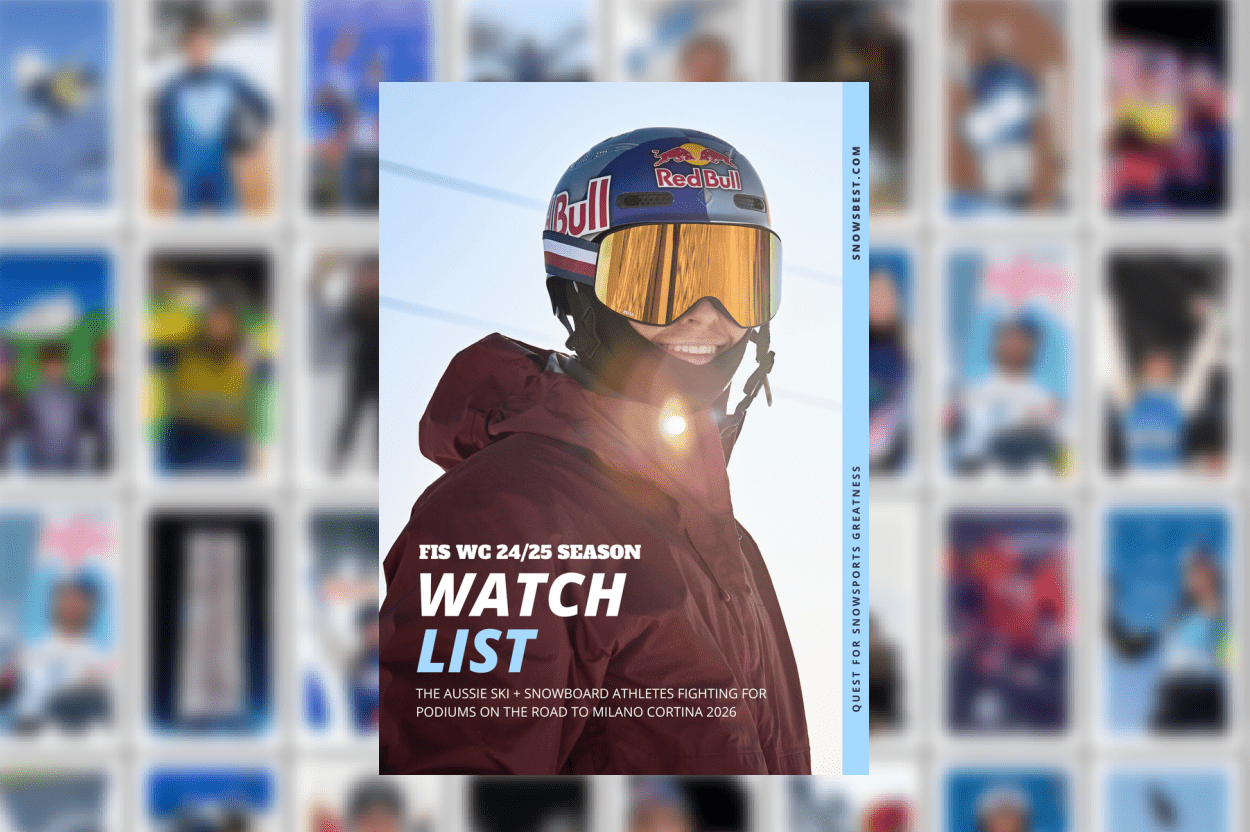When Colorado skier Karen Hoskin decided to chase a dream by creating her own rum brand 15 years ago, she didn’t intend to become a poster child for women’s empowerment in the industry. That part happened by accident. A somewhat inevitable result of crashing through the male-dominated glass labyrinth that is the American distilling world.
“When I started 15 years ago, I was the first woman to get a distilling license from the federal government in the United States,” she says.
“I was experiencing crazy amounts of sexual harassment and gender bias. I could tell you stories that would literally make your hair curl.”
We’re strolling across the concrete floors under high warehouse ceilings of Hoskin’s business – Montanya Rum Distillery in the colourful mountain town of Crested Butte. Huge brass cannisters with bulging pipes and spouts tower above us like something out of Willy Wonka’s chocolate factory. The potions they produce are bottled into the nation’s most awarded rums.
I implore Hoskin to tell me just one story that might “curl” my forever dead-straight hair. She recounts a situation just a few weeks ago when she was discussing trading in Montanya’s company car with a car financier. During the meeting and out of nowhere – in his corporate office – the man revealed his genitals to her.
“That’s one experience but there are countless situations where I have not been taken seriously in this business,” she sighs.

Sleek labels wrap crates of amber cork-top bottles stacked around us. Their packaging tells an impressive story: Montanya has earned 24 international distilling medals since 2008, including “Best Rum in the World” at the World Rum Awards and “USA Rum of the Year” at the Berlin International Spirits Competition. They’re achievements made more impressive by the historic glass ceilings Hoskin had to crack through.
American women have worked in bars for centuries – around 150 bartenders were documented as female in 1900, according to Montanya’s website.
But in 1948, a Supreme Court ruling banned women from bartending.
It feared the profession could create social and moral problems for women (one wonders why men might be considered immune to those risks). The ruling was reversed in the 1970s, however, the growth in numbers of women has been sluggish, and a sexist legacy clearly still ripples through the industry.
It’s a challenging context, to say the least, but Hoskin was determined to realise a dream she had ignited years earlier when she was 21 on a beach in Goa, India. She had been refusing beers and most other offerings from the hapless beach bartender on her holiday, who couldn’t quite grasp the concept of Coeliac disease that prevented Hoskin drinking anything with gluten in it. When the bartender finally poured a viable alternative – rum – it was the beginning of a love affair going on 30 years for Hoskin.
Turning her passion into reality with just US$50,000 in savings to start the business in 2008 has not been easy. She lists situations where rooms full of male investors have assumed she is the catering girl and asked her to send more sandwiches. She still receives emails addressed to “Dear Sir” after 15 years in operation. She also laments valuable missing networking opportunities because it’s inadvisable to stay beyond 9pm at business meetings in bars – a common setting for meetings in the alcohol industry.
“40 per cent of entrepreneurs in the US today are women and yet 97.2 per cent of all venture capital funding goes to men,” Montanya’s website notes. “This is despite research showing female-led companies earn, on average, a 36.4 per cent greater return than those led by men.”
In stark contrast to the norm for America’s distilling industry, 60 per cent of Montanya’s team is female. Among her management team, 75 per cent are women. Hoskin’s head distiller – a mixing whiz who also has a degree in engineering from Louisiana State University – is a woman named Meghan Campbell.
And there’s a further bright side. What Hoskin may miss out on by skipping late night meetings at dive bars with venture capitalists, she makes up for living in the outdoor playground of Colorado.
The name Montanya, which is the Spanish word for mountain, is in fact a nod to her love for and the brand’s origins in the mountains. Her first distilling site was in the backcountry skiers’ mecca of Silverton in the San Juan mountains of Colorado. It moved to the neighbouring ski town of Crested Butte three years later when the business needed more space.
“Skiing is the unifying factor between Silverton and Crested Butte,” explains Hoskin, who spends her spare time in the mountains with her husband, and two twenty-something sons when they are home.
“I love to ski in the backcountry, and I skate ski a tonne. My daily grind is skate skiing and then on weekends we do tours in the backcountry.”

In Crested Butte, Montanya has two venues: the distillery we walk through on the outskirts of town, plus a trendy bar that operates as a tasting room downtown. You can tour the distillery and try the famous rum onsite, however Hoskin insists we visit the main street venue to experience both vibes.
A short drive between the pastel-coloured townhouses of Crested Butte takes us to a snowed-in doorstep with a dark green door and glowing bar scene inside. To my surprise, the tasting platter we order featuring five different rums is easy to drink, with interesting and complex flavours that are dangerously delicious (even for this sworn non-rum drinker). The remarkably fresh and zesty Basil Paradisi cocktail could easily be mistaken for one based on gin or vodka.
Hoskin promises one rum – the Valentia line – is “touched top to bottom only by women” in its making.
But the most exciting flavour, she promises, is yet to come. It’s a highly anticipated collaboration for International Women’s Day between Montanya and Fawn Weaver, an historian and distiller who helped reveal the history of black man Nearest Green. Green was the first master distiller and mentor to a young Jack Daniel (of the bourbon brand fame).
“Fawn sent us an empty barrel, and Montanya filled it with rum. The art on the label is created by a local black artist, and the proceeds will go to Melanin Mountain Project – a Black Lives Matter Initiative in Gunnison Valley,” Hoskin adds.
The release isn’t available to sample at the time of my visit, but I’m reassured of one thing: nothing tastes as good as visibility for women and minorities feels.








































